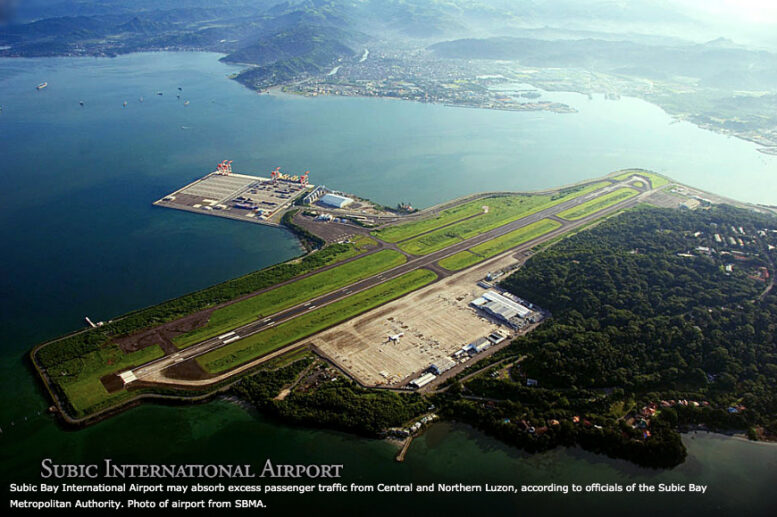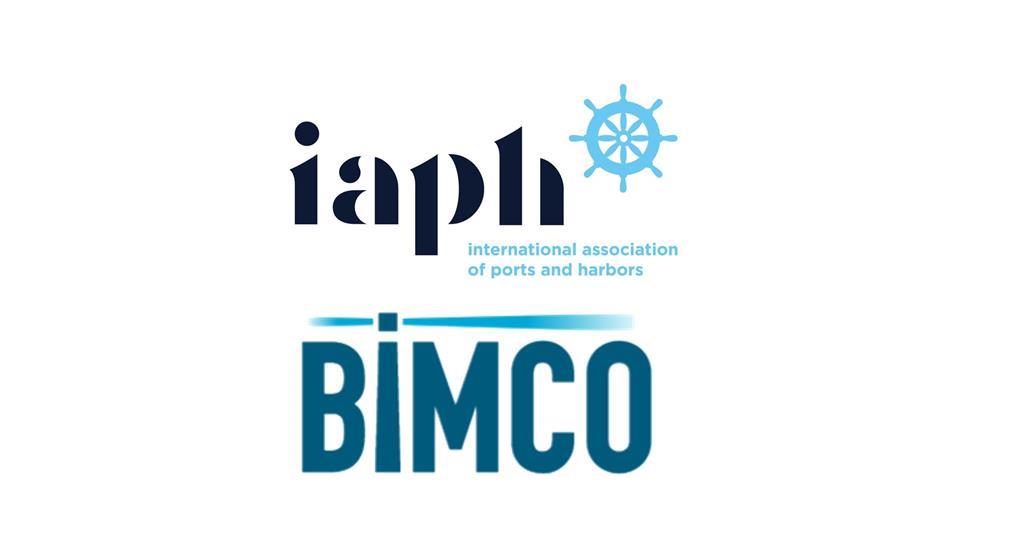Old Ports and Harbors: Traces of Maritime Power sets the stage for this enthralling narrative, offering readers a glimpse into a story that is rich in history and significance. These ancient coastal gateways not only served as bustling centers of trade and culture but also stand as monuments to the maritime prowess that shaped civilizations. From the intricate boat designs of the past to the bustling docks that once welcomed diverse cultures, the remnants of these ports tell a tale of exploration, commerce, and human connection.
Exploring the remnants of these harbors provides insight into how they influenced social structures and economies. Each port has its own unique narrative, reflecting the rise and fall of empires, the innovation of navigation techniques, and the thriving exchanges of goods and ideas across oceans. Understanding their histories allows us to appreciate the lasting impact of maritime power on global trade and cultural exchange.
Welcome to my blog, where we dive into the fascinating world of anthropology! Today, we’ll embark on a journey that explores the diverse cultures of our planet. As we navigate through this rich tapestry, we’ll discuss the significance of understanding different worldviews, customs, and traditions. This post aims to enlighten you about the importance of anthropology and its relevance in our increasingly interconnected world.
The Essence of Anthropology
Anthropology is the study of humans, their behaviors, and societies across time and space. It seeks to answer questions about who we are, where we come from, and how we interact with one another. This field encompasses various sub-disciplines, including cultural anthropology, archaeology, linguistics, and biological anthropology, each contributing unique insights into the human experience.
At its core, anthropology is about understanding cultural diversity. Each culture has its unique practices, beliefs, and social norms, which shape the identities of individuals and communities. By studying these differences, anthropologists can foster greater empathy and appreciation for the richness of human life.
Culture: The Fabric of Society
Culture is often described as the collective programming of the mind that distinguishes one group of people from another. It encompasses language, art, religion, cuisine, social habits, and more. One of the most beautiful aspects of culture is its dynamism; it evolves and adapts over time, influenced by various factors such as globalization, migration, and technological advancements.
For instance, consider the culinary traditions around the world. Each culture has its signature dishes, often influenced by geography, climate, and historical events. In Italy, you have pasta shaped by centuries of agricultural practices, while in Japan, sushi reflects a deep connection to the sea and seasonal ingredients. Exploring these culinary practices not only satisfies our taste buds but also tells stories of the people and their environments.
Understanding Cultural Relativity: Old Ports And Harbors: Traces Of Maritime Power
One of the essential principles in anthropology is cultural relativity, which posits that a person’s beliefs and activities should be understood based on their own culture rather than judged against the criteria of another culture. This concept encourages anthropologists to suspend their biases and preconceived notions, allowing for a deeper understanding of diverse practices.
For example, take the practice of arranged marriages, prevalent in many cultures. While some may view this tradition as outdated, it is essential to understand the context in which it exists. Arranged marriages often emphasize family ties and community involvement, creating a strong support system for the couple. By appreciating these cultural differences, we can foster respect and dialogue rather than judgment.
The Role of Ethnography
Ethnography is a key research method in cultural anthropology that involves immersive fieldwork. Anthropologists often live in the communities they study, participating in daily life, ceremonies, and social events. This hands-on approach allows for a nuanced understanding of cultural practices and values that cannot be captured through surveys or interviews alone.

Consider the work of Margaret Mead, an influential anthropologist known for her studies of the Samoan culture. Through her ethnographic research, she challenged Western notions of adolescence and gender roles, revealing that cultural context significantly influences personal development. Mead’s work underscores the importance of ethnography in uncovering complex social dynamics.

Globalization and Cultural Exchange
In our modern world, globalization has accelerated the exchange of cultural practices and ideas. While this connectivity can promote understanding and unity, it also raises concerns about cultural homogenization—where dominant cultures overshadow local traditions. Anthropologists play a vital role in examining these dynamics, highlighting the need to preserve cultural heritage while embracing change.
A great example of this is seen in the rise of fusion cuisine, where chefs blend elements from different culinary traditions to create innovative dishes. While this can be delightful, it’s crucial to recognize the origins of these practices and respect the cultural significance behind them. By doing so, we celebrate diversity rather than dilute it.
Challenges in Anthropology Today
As we navigate the complexities of the 21st century, anthropologists face various challenges. Issues such as climate change, migration crises, and political unrest demand our attention and understanding. Anthropologists are increasingly called upon to provide insights into how these global issues affect different cultures and communities.
For instance, the impact of climate change on indigenous communities is profound, threatening their traditional ways of life. Anthropologists work alongside these communities to document their experiences and advocate for their rights, ensuring their voices are heard in broader discussions about environmental policy and sustainability.
The Future of Anthropology
Looking ahead, the field of anthropology is poised for exciting developments. With advancements in technology, such as virtual reality and digital ethnography, researchers can explore human experiences in innovative ways. Moreover, as we continue to confront global challenges, the demand for anthropological insights will only grow, emphasizing the importance of understanding human behavior and cultural diversity.
Conclusion: Embracing Our Shared Humanity
In conclusion, anthropology offers invaluable perspectives on the richness of human life. By exploring different cultures and fostering empathy, we can work towards a more inclusive and understanding world. As we continue this journey together, let us celebrate our shared humanity while honoring the unique traditions that make each culture special. Thank you for joining me on this exploration of anthropology, and I look forward to seeing you in the next post!
Popular Questions
What are some famous old ports around the world?
Some famous old ports include Venice in Italy, Istanbul in Turkey, and Alexandria in Egypt, each renowned for their rich history and cultural significance.
How did old ports contribute to maritime power?
Old ports were crucial for trade, allowing for the exchange of goods, cultures, and technologies, which in turn strengthened nations and facilitated exploration.
What archaeological techniques are used to study old harbors?
Techniques such as underwater archaeology, remote sensing, and excavation of artifacts are commonly used to uncover the histories of old harbors.
Why are old ports important to understand today?
Studying old ports helps us understand historical trade routes, cultural interactions, and the economic foundations that have shaped modern societies.
What role did old ports play in cultural exchanges?
Old ports served as melting pots where diverse cultures met, leading to the sharing of languages, religions, and traditions that influenced local and global histories.
Tinggalkan Balasan